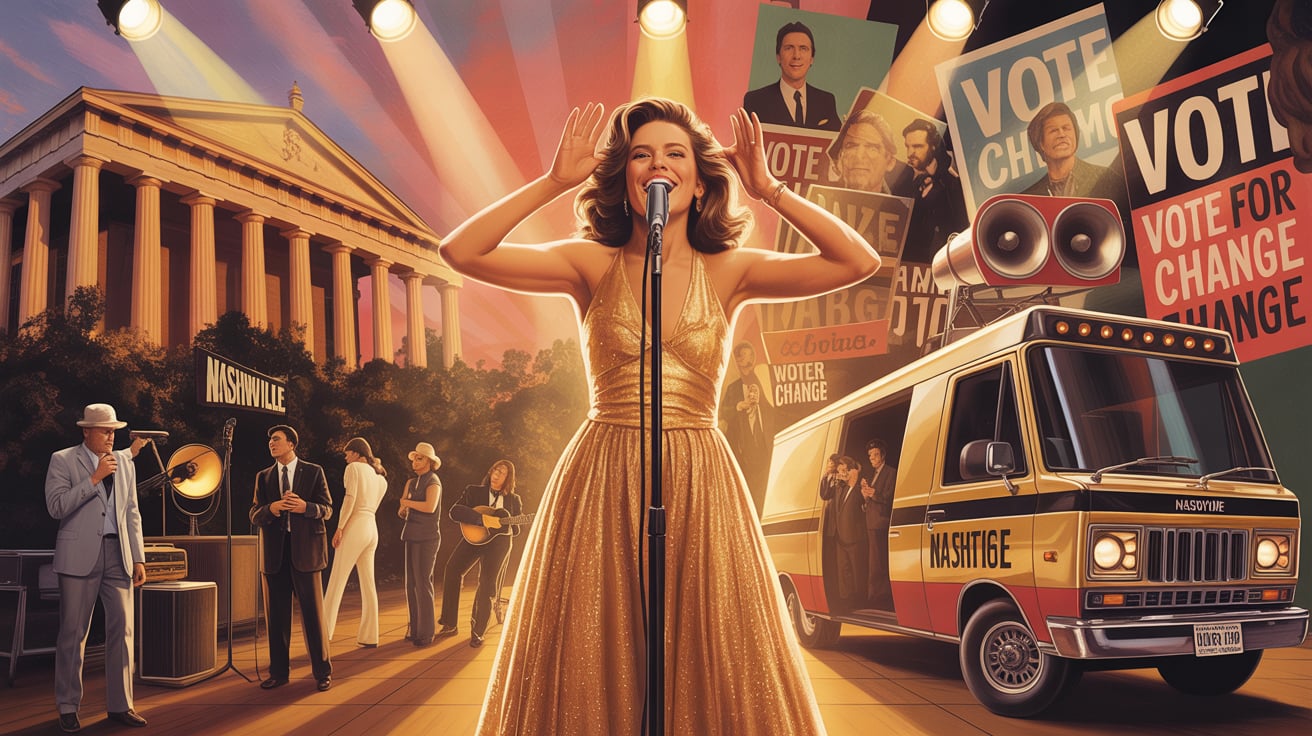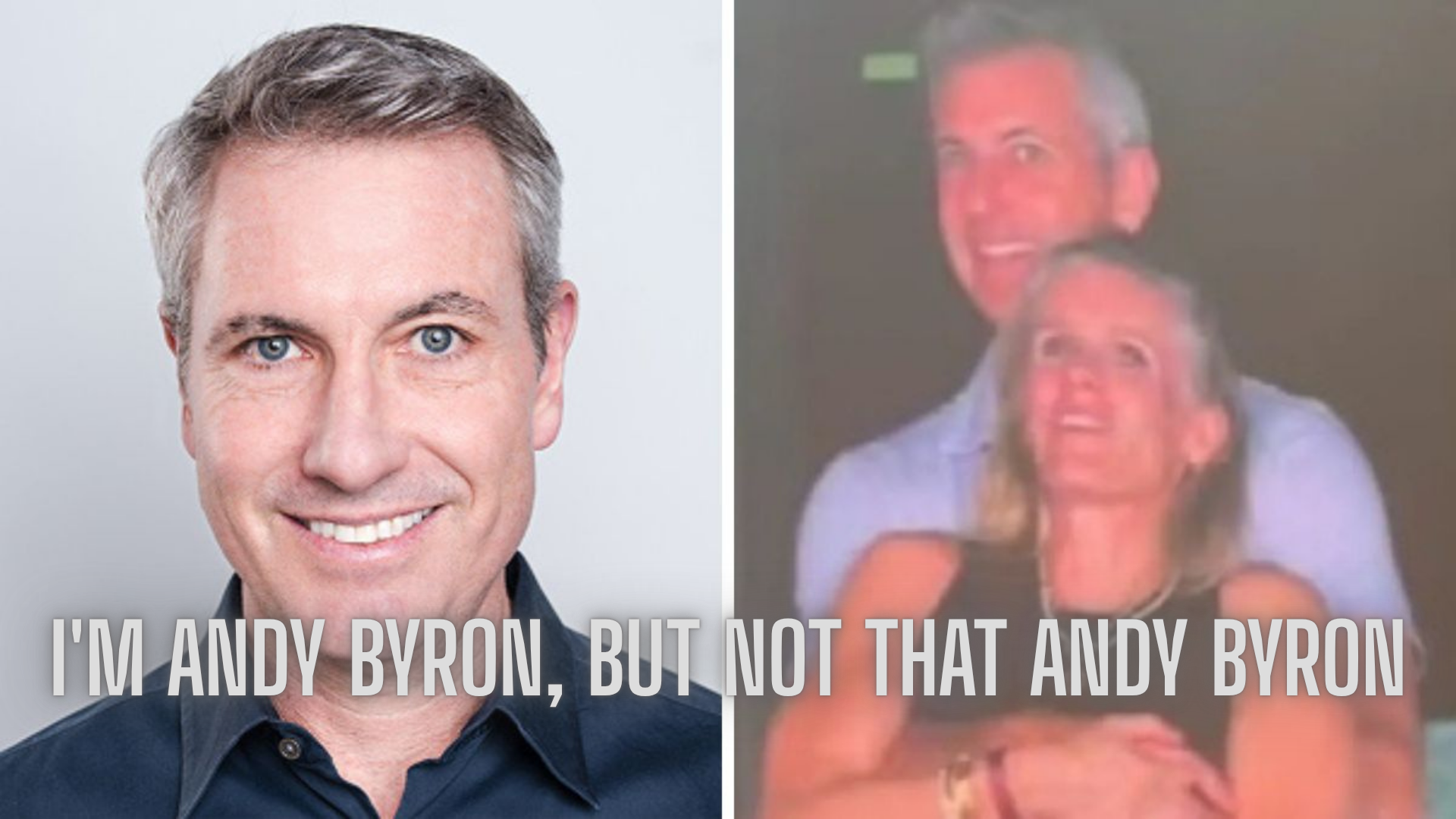Released in 1975, right in the heart of a restless decade, Nashville landed like a cultural meteor—dense, magnetic, and impossible to ignore. Robert Altman’s sprawling ensemble drama became a defining statement of a turbulent era when Hollywood’s rulebook was being rewritten by iconoclasts and outsiders. It wasn’t just a film; it was a reckoning—of American identity, celebrity, politics, and the slow-motion trainwreck of idealism.

For Altman, Nashville was a high-water mark of a style he had been developing since MASH*: loose, improvisational, defiantly character-driven. He wasn’t just telling stories—he was capturing lives in motion, offering a vivid evocation of place and time where actors didn’t perform so much as they existed within the film’s orbit. Despite its cast of over two dozen prominent characters, the film unfolds with a quiet, almost accidental grace. It feels intimate even as it surveys a vast emotional and ideological landscape. Few epics are this unassuming. Fewer still are this profound.
Fifty years later, Nashville remains a cornerstone for ensemble storytelling—an influence felt in everything from Short Cuts and Magnolia to prestige TV dramas that juggle intersecting lives beneath a shared cultural sky. Altman’s own career would echo its structure in later works like A Wedding, The Player, and A Prairie Home Companion. But Nashville stood apart even then. While contemporaries like Irwin Allen were mounting massive disaster spectacles, Altman dared to reimagine cinematic storytelling itself—an experiment too unruly for Hollywood’s comfort. In fact, the film’s financing came not from a studio but a record label, testifying to the industry’s reluctance to gamble on Altman’s idiosyncratic vision.
The screenplay by Joan Tewkesbury—who had penned Altman’s Thieves Like Us—provided a skeleton of structure. But Nashville breathes with the rhythms of real life, where chance encounters and quiet tragedies unfold beneath larger national noise. Characters weave in and out of each other’s paths, often speaking over one another in Altman’s signature overlapping dialogue. The result is a textured audio tapestry: part documentary, part eavesdropped conversation, wholly immersive. The audience isn’t so much watching as inhabiting the film, catching fragments of conversation, glimpses of motivation, and the occasional lightning flash of emotional truth.
Music, fittingly, is the film’s lifeblood. Much of it was written by the actors themselves, including the Oscar-winning “I’m Easy,” penned and performed by Keith Carradine. Ronee Blakley and Karen Black’s rival singers contribute to the haunting realism of the country-music scene, even as Altman oscillates between admiration and satire of the industry. In a brilliant early sequence, country crooner Haven Hamilton (Henry Gibson) belts out a syrupy patriotic anthem in one studio while, across the way, gospel singer Linnea (Lily Tomlin) records with a Black choir. The juxtaposition is subtle, but loaded: race, faith, and performance intersecting in uneasy harmony.

The film’s central event—a political rally for fictional third-party presidential candidate Hal Philip Walker—serves as connective tissue. Walker is never seen, but his campaign van roams the city like an oracle on wheels, broadcasting populist slogans that are difficult to pin down on the ideological spectrum. (“Why do we have to have professional politicians?”) He’s the kind of vague everyman demagogue who could be your neighbor—or your worst Thanksgiving guest.
As the rally at Nashville’s Parthenon approaches, the various characters—musicians, hangers-on, political operatives, aspiring stars—spiral toward a haunting climax. The tone remains deceptively light throughout much of the film, but Altman quietly builds to something more tragic, hinting at the national trauma still lingering from the assassinations of the 1960s. The final act delivers both shock and sorrow, and yet, as voices join together in a communal chorus, there’s a glimmer of something enduring: hope, resilience, perhaps even grace.
Beneath its sweeping cultural critique, Nashville is also deeply personal—especially for the women trying to survive in a male-dominated world. The film doesn’t shy away from showing the cost of fame-seeking in an industry shaped by misogyny. Whether it’s Barbara Jean’s fragile brilliance under the thumb of her controlling husband-manager, or the heartbreaking moment when a tone-deaf waitress (Gwen Welles) is humiliated into stripping during a bar performance, Altman reveals the cruel gauntlet women must navigate to be heard, let alone respected.
Even the film’s minor characters sparkle with narrative potential. Shelley Duvall’s star-struck scenester Martha (who insists on being called “L.A. Joan”) drifts from one musician to the next, always just outside the spotlight. Geraldine Chaplin floats through scenes as a self-proclaimed BBC documentarian, narrating events with naïve detachment. Cameos from Julie Christie and Elliott Gould playing themselves add yet another surreal layer—drawing the real world into Altman’s imagined one. In Nashville, authenticity is not a given but a question: Who’s real, and who’s performing?

In the end, Nashville is less a narrative than a living organism. It breathes, pulses, and sings. It challenges the viewer to meet it on its own terms—not with plot, but with patience. It’s political, yes, but never preachy. It’s satirical, but never cruel. It’s funny, sad, chaotic, and miraculously coherent. And fifty years later, it still feels radical—not just in form, but in its belief that art can reflect the messy, contradictory sprawl of American life without simplifying it.
Conclusion:
Fifty years on, Nashville remains a towering achievement—an audacious, soulful portrait of a country caught between dreams and disillusionment. In an era defined by change and uncertainty, Robert Altman captured the messy truth of America with honesty, humor, and humanity. It’s not just a film about music or politics; it’s about the fragile connections that hold people—and a nation—together. As relevant today as it was in 1975, Nashville endures not because it explains America, but because it dares to ask what America really is.




One thought on “Nashville at 50 Robert Altman’s Defining Masterpiece of 1970s American Cinema”